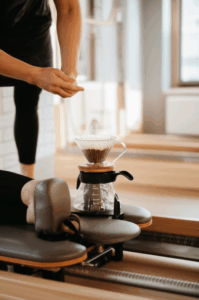In an increasingly fast-paced world, maintaining mental well-being has become a paramount concern for many. Yet, traditional mental health services can sometimes be inaccessible due to cost, geographical barriers, or scheduling conflicts. Enter mental health therapy apps – a growing digital solution offering convenient, discreet, and often affordable support directly through your smartphone or tablet. These innovative tools are transforming how individuals engage with their mental health, providing everything from guided meditations to full-fledged online therapy sessions.

What Are Mental Health Therapy Apps?
Mental health apps are digital tools, primarily for smartphones, designed to help individuals improve their emotional well-being and psychological health. They aim to bridge gaps in conventional mental health resources by offering accessible support for various concerns, including stress reduction, anxiety, depression, and insomnia. These apps can function as standalone self-help tools or as supplementary resources alongside professional care.
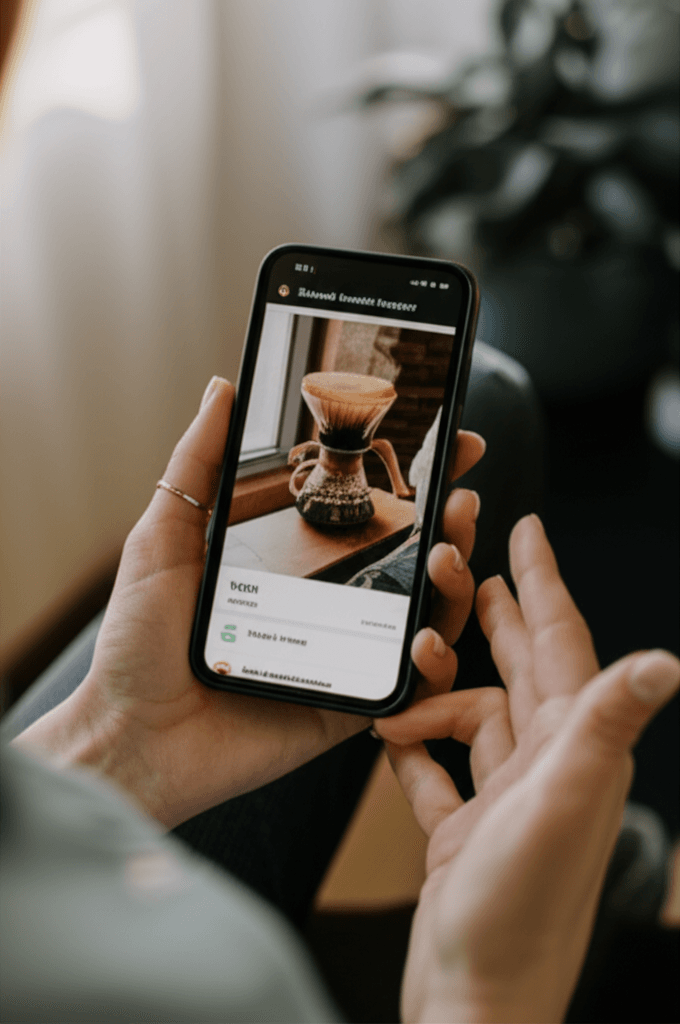
The Rise of Digital Mental Health Support
The surge in popularity of mental health apps can be attributed to several factors:
- Increased Accessibility: Over 70% of individuals globally needing mental health services lack access to adequate care. Mobile apps offer a potential solution by expanding reach, especially for those in remote areas or with mobility limitations.
- Convenience and Flexibility: Unlike traditional in-person therapy, apps offer 24/7 access to support, allowing users to engage with tools and resources at any time and from anywhere. This flexibility makes it easier to integrate mental health practices into daily routines.
- Reduced Stigma and Anonymity: Many people prefer to manage their mental health privately due to perceived stigma. Apps provide a confidential and judgment-free space, removing the need for direct face-to-face interaction that can be a source of anxiety for some.
- Affordability: While costs vary, many mental health apps are free or significantly less expensive than traditional therapy, making mental health support more accessible to a wider demographic.
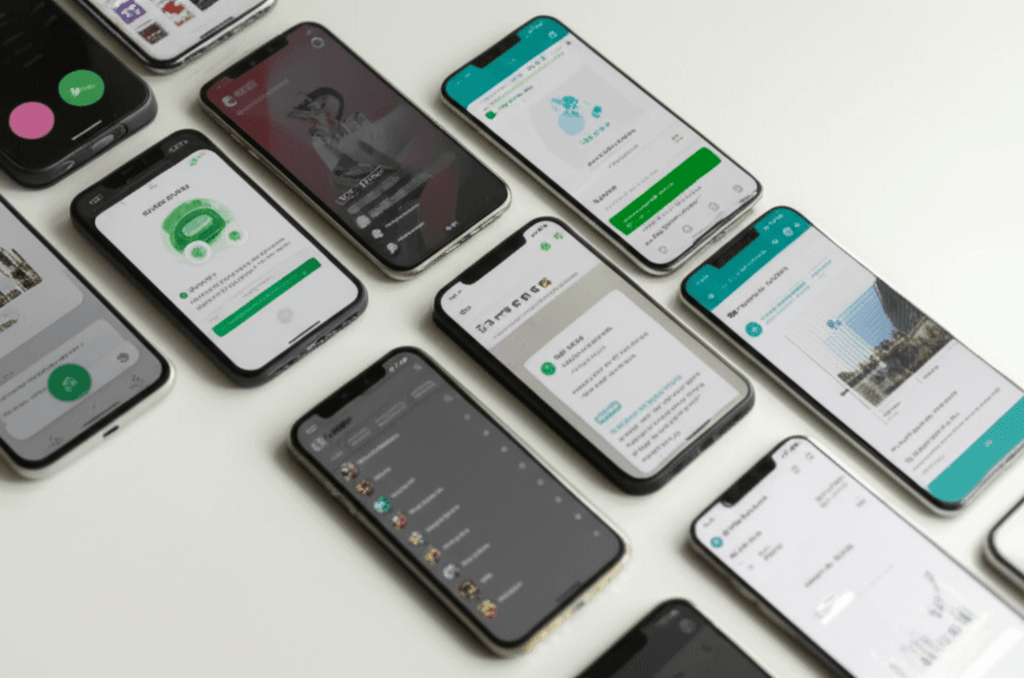
Diverse Types of Mental Health Apps
The landscape of mental health apps is broad, encompassing various approaches and functionalities to cater to different needs:
Mindfulness & Meditation Apps
These apps focus on techniques like guided meditation, deep breathing exercises, and mindfulness practices to reduce stress, improve focus, and enhance overall well-being. Popular examples include Headspace and Calm, which offer extensive libraries of meditations, sleep stories, and calming soundscapes. Such apps can help users develop self-awareness and better manage their emotional responses.
Cognitive Behavioral Therapy (CBT) Apps
CBT-based apps utilize principles from Cognitive Behavioral Therapy, a widely recognized therapeutic approach, to help users identify and challenge negative thought patterns and behaviors. Many of these apps include guided journals, mood tracking features, and interactive exercises to help reframe negative thoughts. Examples include MoodTools, Clarity (formerly CBT Thought Diary), MindShift CBT, and Youper, an AI chatbot that applies CBT principles. Research indicates that apps incorporating CBT features can have a positive impact on symptoms of depression and anxiety.
Online Therapy Platforms (Telemental Health)
These apps connect users directly with licensed mental health professionals for virtual therapy sessions via video, phone, or text. Platforms like Talkspace and BetterHelp offer access to individual, couples, and teen therapy, often with subscription models that include live sessions and unlimited messaging. Some even provide psychiatry services and medication management. These services aim to mimic in-person therapy while offering the convenience of remote access.
Other Specialized Apps
Beyond these main categories, apps also cater to specific needs:
- Symptom Tracking Apps: Allow users to monitor their moods, triggers, and progress over time, providing valuable insights for self-management or sharing with a therapist.
- Skills Training Apps: Offer strategies and exercises to improve coping mechanisms for various mental health challenges.
- Social Support Apps: Facilitate interaction with peers and sometimes health professionals, creating a sense of community.
- Apps for Specific Conditions: Some apps are tailored for conditions like PTSD (e.g., PTSD Coach), social anxiety, or specific phobias.
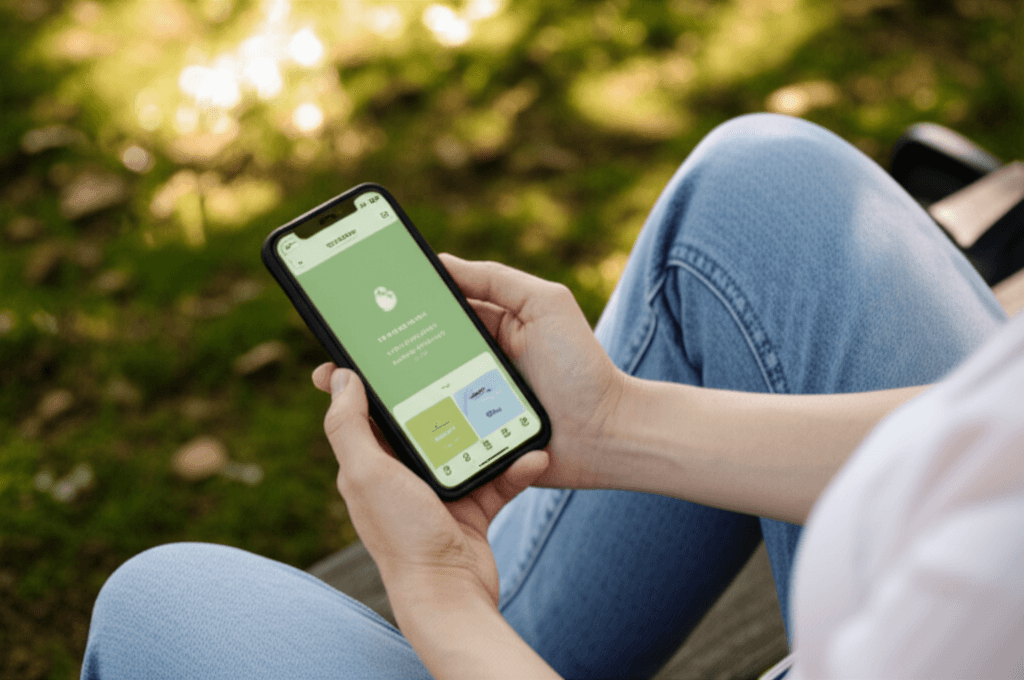
Benefits of Using Mental Health Apps
Mental health therapy apps offer numerous advantages that can significantly contribute to an individual’s mental well-being:
- Accessibility and Convenience: They provide 24/7 access to support, breaking down geographical and time barriers often associated with traditional therapy.
- Affordability: Many apps are free or offer subscriptions at a fraction of the cost of in-person therapy, making mental health support more financially viable for many.
- Anonymity and Reduced Stigma: For those who prefer privacy, apps offer a discreet way to seek help, reducing the apprehension or stigma associated with visiting a therapist’s office.
- Self-Management and Skill-Building: Apps empower users with tools to understand their moods, learn new coping skills (like mindfulness or CBT techniques), and develop healthier habits.
- Progress Tracking: Many apps include features for journaling and tracking moods, activities, and symptoms, allowing users to monitor their progress and identify patterns over time. This data can also be valuable to share with a therapist.
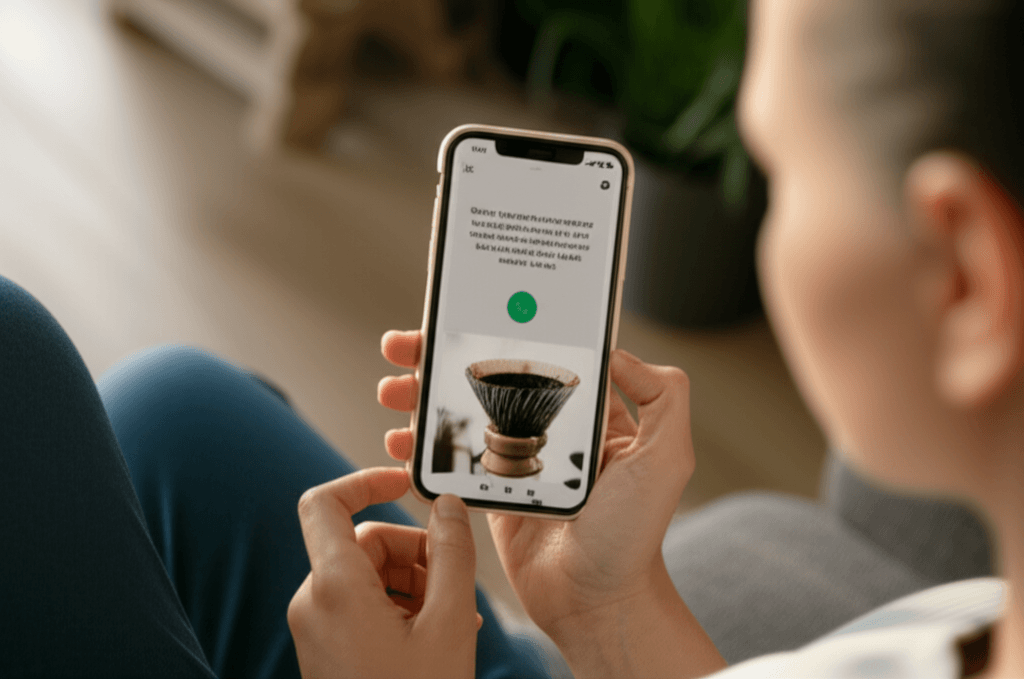
Are Mental Health Apps Effective?
The effectiveness of mental health apps is an evolving area of research. Studies generally indicate that mobile health (mHealth) technologies, including therapy apps, can have a positive impact on mental health outcomes.
A systematic review found that mental health apps have small but significant effects on symptoms of depression and generalized anxiety. Specifically, apps incorporating Cognitive Behavioral Therapy (CBT) features or chatbot technology have shown larger effects for depression. Apps have also demonstrated effectiveness in reducing stress levels, with studies reporting small to moderate acute effects. For instance, a mindfulness app significantly reduced depressive and anxiety symptoms, improved work performance, and prevented depression in highly engaged users.
However, it’s important to note that effectiveness can vary, and more research is needed, particularly regarding long-term outcomes and objective evaluation methodologies. Some studies have also pointed out methodological issues and a lack of robust evidence for certain apps.
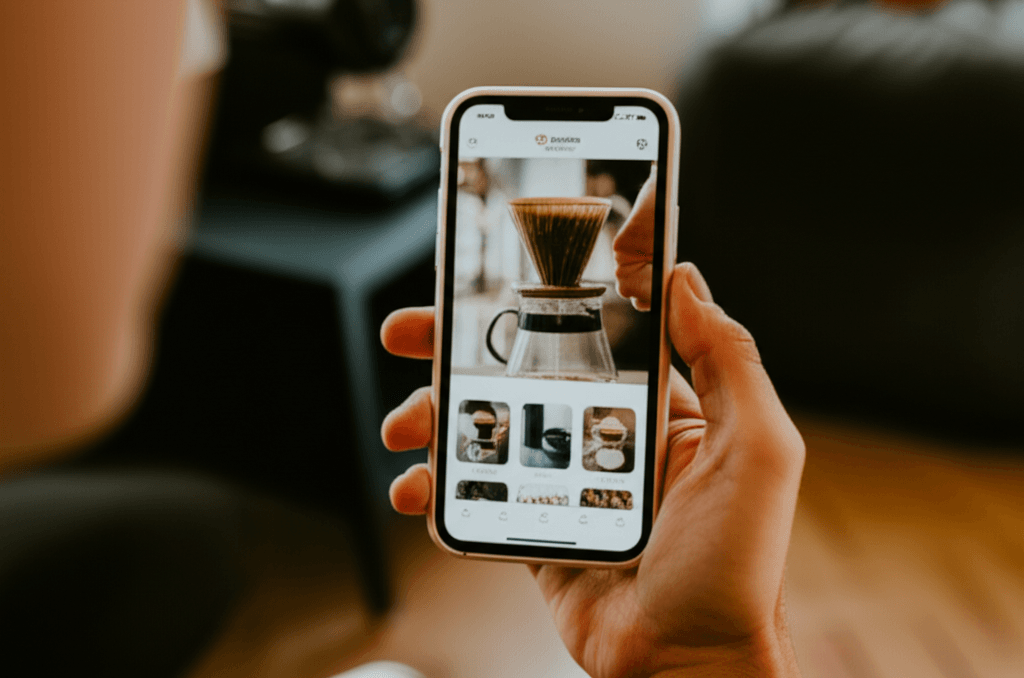
Choosing the Right Mental Health App
With thousands of apps available, selecting the right one requires careful consideration. Here are key factors to keep in mind:
Identify Your Needs
Consider what you hope to achieve. Are you looking for daily mindfulness, help managing mild stress, or direct therapy for a specific condition like anxiety or depression? Your needs will dictate the type of app that is most suitable.
Evaluate App Features and Therapeutic Approaches
Look for apps that align with evidence-based practices such as Cognitive Behavioral Therapy (CBT), Dialectical Behavior Therapy (DBT), or mindfulness-based stress reduction. Check if the app offers features like guided meditations, journaling, mood tracking, or live sessions.
Check for Evidence-Based Practices
While many apps claim to use evidence-based methods, not all have robust research backing their efficacy. Digital therapeutics, a subset of mental health apps designed to prevent, manage, or treat specific psychiatric disorders, are subject to regulatory oversight and must demonstrate efficacy and safety. Wellness apps, on the other hand, often lack such stringent requirements.
Understand Privacy and Data Security
Privacy is a major concern with mental health apps. Before committing, thoroughly read the terms and conditions and privacy policy to understand how your data is stored, used, and protected. Some apps may store data directly on your phone, which can be safer than cloud storage.
Consider Costs and Insurance Coverage
Costs vary widely, from entirely free apps to subscription models that can range from a few dollars a month for wellness apps to hundreds per month for online therapy platforms. Some online therapy companies accept insurance, which can significantly reduce out-of-pocket expenses. Many apps also offer free trials, allowing you to test them before subscribing.
Read Reviews and Seek Reputable Recommendations
Consult independent reviews and resources. Organizations like the American Psychiatric Association (APA) offer an App Advisor tool, and the Veteran’s Administration (VA) provides a range of free mental health apps. Websites like Mindapps.org also offer useful information on app focus, treatment approach, and data protection.
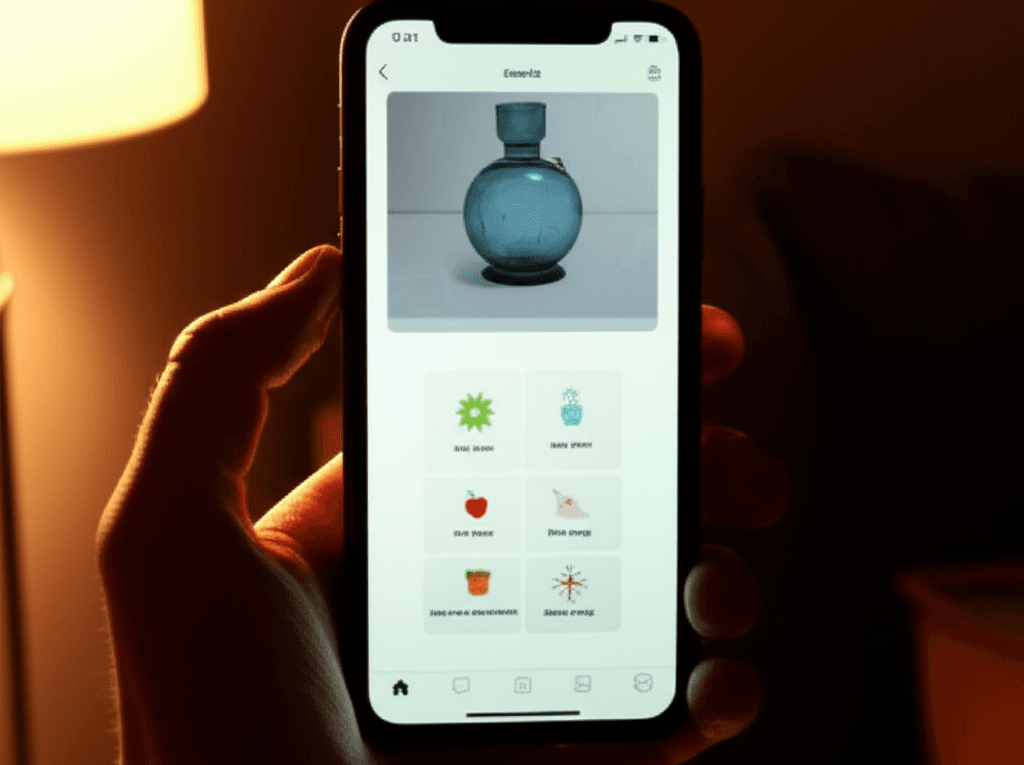
Important Considerations and Limitations
While mental health apps offer valuable support, they are not a universal solution:
- Not a Replacement for Severe Conditions: For severe mental illnesses or crises, apps should not replace professional, in-person therapy or emergency services. Some online therapy platforms also note they are not suitable as standalone services for individuals with serious mental illness.
- Lack of Regulation: Many wellness apps lack stringent regulatory oversight, meaning their claims of effectiveness are not always clinically verified.
- Engagement and Adherence: The effectiveness of an app heavily relies on user engagement. Low engagement or poor adherence can limit their impact.
- Personal Connection: While convenient, app-based interactions may not fully replicate the nuanced, empathic connection fostered in traditional therapist-client relationships.
In conclusion, mental health therapy apps represent a significant advancement in making mental health support more accessible and flexible. By carefully considering your needs, researching evidence-based options, and prioritizing data privacy, these digital tools can become a valuable component of your personal well-being journey.


